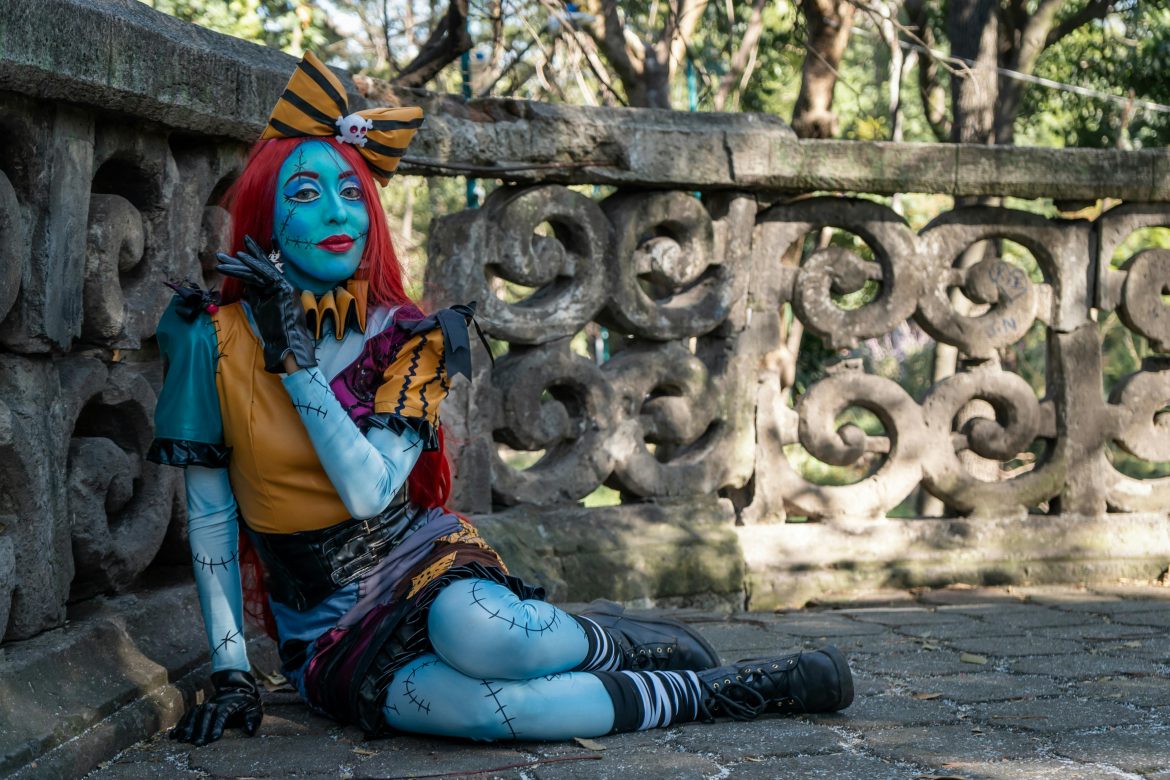Storytelling has always been at the heart of African culture, acting as a powerful means of communication, education, and cultural preservation. From ancient oral traditions passed down through generations to contemporary written works, African storytelling has undergone a remarkable evolution. This post explores the journey of African storytelling, from its origins in oral traditions to the advent of written literature, and how these forms of expression continue to shape African societies today.
1. The Richness of African Oral Traditions
For centuries, African societies have relied on oral storytelling to preserve history, pass down wisdom, and impart cultural values. Oral traditions are deeply ingrained in the daily lives of African communities, serving as a means of education, entertainment, and cultural transmission.
- The Role of Griots and Storytellers
In many West African cultures, the griot (or jali) has played a central role in preserving the oral history of their communities. These storytellers are highly respected for their knowledge of the past and their ability to weave narratives that reflect the values, struggles, and triumphs of their people. The griot’s craft involves not only storytelling but also music, poetry, and song, making them both historians and entertainers. - Myths, Legends, and Folklore
African oral storytelling is rich in myths, legends, and folklore, often centered around deities, ancestors, and heroes. These stories serve to explain natural phenomena, instill moral lessons, and provide a sense of identity and belonging. Whether in the form of a fable, myth, or epic tale, these stories were passed down from generation to generation, often through performances at festivals, gatherings, and around the fire. - Storytelling as a Social and Political Tool
Beyond entertainment, African oral traditions also served as tools for social and political commentary. Storytellers have long used allegories and parables to critique leaders, highlight societal issues, and inspire change. Through storytelling, communities have been able to communicate their concerns, aspirations, and values in ways that resonate with the collective consciousness.
2. The Shift from Oral to Written Storytelling
While oral traditions continue to thrive in many African cultures, the advent of writing significantly transformed the landscape of African storytelling. The introduction of written language provided new opportunities for African writers to document and share their stories in ways that had never been possible before.
- The Influence of Colonialism on African Literature
The arrival of European colonizers in Africa brought about significant changes to the continent’s social, political, and cultural fabric. One of the most profound impacts of colonialism was the introduction of European languages such as English, French, and Portuguese, which became the medium for written literature. Although this shift disrupted many indigenous languages and storytelling practices, it also created opportunities for African writers to engage with global literary traditions and express their experiences in new ways. - The Emergence of African Writers
As African nations began to gain independence in the mid-20th century, a new generation of African writers emerged, using literature as a means of expressing their identities and challenging colonial narratives. Writers like Chinua Achebe, Ngũgĩ wa Thiong’o, Wole Soyinka, and Mariama Bâ became key figures in African literature, addressing themes of colonialism, post-independence struggles, identity, and the complexities of modern African life. These writers brought African storytelling into the written world, preserving the continent’s rich history and traditions in the process. - The Rise of Written African Languages
While European languages dominated early African literature, the rise of nationalist movements and the push for cultural independence led to a renewed interest in African languages. Writers like Chinua Achebe and Ngũgĩ wa Thiong’o advocated for the use of indigenous languages in literature, aiming to preserve the richness and authenticity of African storytelling. Today, there is a growing body of literature written in African languages, reflecting the diversity of the continent’s cultures and providing an alternative to colonial legacies.
3. Contemporary African Storytelling: Bridging the Past and the Present
In the modern era, African storytelling has continued to evolve, with new forms of expression emerging alongside traditional ones. The digital age, with its access to global audiences and platforms, has opened up new possibilities for African writers and storytellers to engage with their heritage while exploring contemporary themes.
- Digital Storytelling and African Blogs
The internet has provided a platform for African storytellers to reach a global audience, and digital storytelling has become a popular avenue for sharing African narratives. African blogs, podcasts, and YouTube channels are rapidly growing, offering an accessible way for young writers, filmmakers, and storytellers to showcase their work. These digital platforms are democratizing African storytelling, allowing voices from all corners of the continent to be heard. - African Cinema: A New Frontier for Storytelling
In addition to written works, African cinema has become an important medium for storytelling, with filmmakers adapting both traditional oral narratives and contemporary African experiences to the screen. From the rise of Nollywood to the burgeoning independent film scene, African cinema is gaining global recognition for its compelling stories that showcase the richness of African culture, history, and identity. Filmmakers are using the medium to tell stories about Africa’s past, present, and future, bridging the gap between oral traditions and written history. - The Role of Social Media in Modern Storytelling
Social media platforms like Instagram, Twitter, and TikTok have given African storytellers a new way to engage with audiences. Short-form storytelling through posts, videos, and even memes has become a vital part of contemporary African culture. These platforms allow stories to be shared in real time, reaching millions of people across the globe and encouraging conversations about African identity, politics, and culture.
4. The Future of African Storytelling
As African storytelling continues to evolve, the future promises even greater innovation and creativity. The fusion of traditional oral practices with new forms of media and technology will shape the next generation of African storytelling, ensuring that the continent’s rich cultural heritage remains relevant in the global conversation.
- Preserving Oral Traditions for Future Generations
As Africa embraces new forms of storytelling, there is a growing awareness of the need to preserve oral traditions. Efforts are being made to document and record the stories of griots, elders, and communities to ensure that these vital traditions are not lost. This preservation of oral history will serve as an invaluable resource for future generations and a bridge between Africa’s past and its future. - Empowering Young Voices
The rise of youth-led storytelling initiatives across Africa is a testament to the continent’s thriving creative industries. Young writers, filmmakers, and digital content creators are finding new ways to tell African stories, often with a modern twist. This new generation of storytellers is reshaping the narrative around Africa, challenging old stereotypes, and introducing fresh perspectives on what it means to be African today. - Global Collaboration and the African Diaspora
As African storytelling continues to gain global recognition, collaborations between African and international writers, filmmakers, and artists are becoming more common. These cross-cultural exchanges are enriching African storytelling, bringing new insights and perspectives while preserving the authenticity of African traditions. The African diaspora, with its diverse global presence, also plays a crucial role in sharing African stories with the world, creating a deeper connection between Africa and the wider international community.
Conclusion
From oral traditions to written history, African storytelling has been a cornerstone of cultural preservation, education, and social change. As the continent’s rich storytelling heritage continues to evolve, it remains a vital tool for understanding Africa’s past, present, and future. Through the blending of old and new storytelling forms, African narratives will continue to inspire and educate people around the world, ensuring that the voices of Africa’s diverse cultures remain at the forefront of global conversations.
Get real time update about this post category directly on your device, subscribe now.



